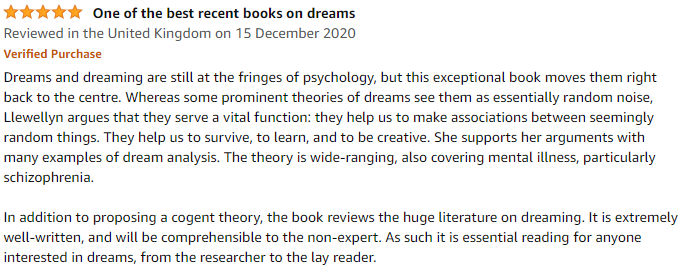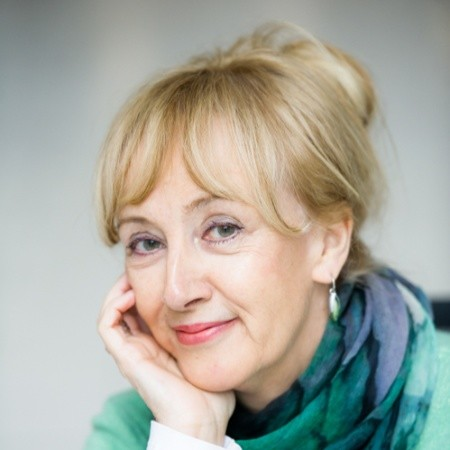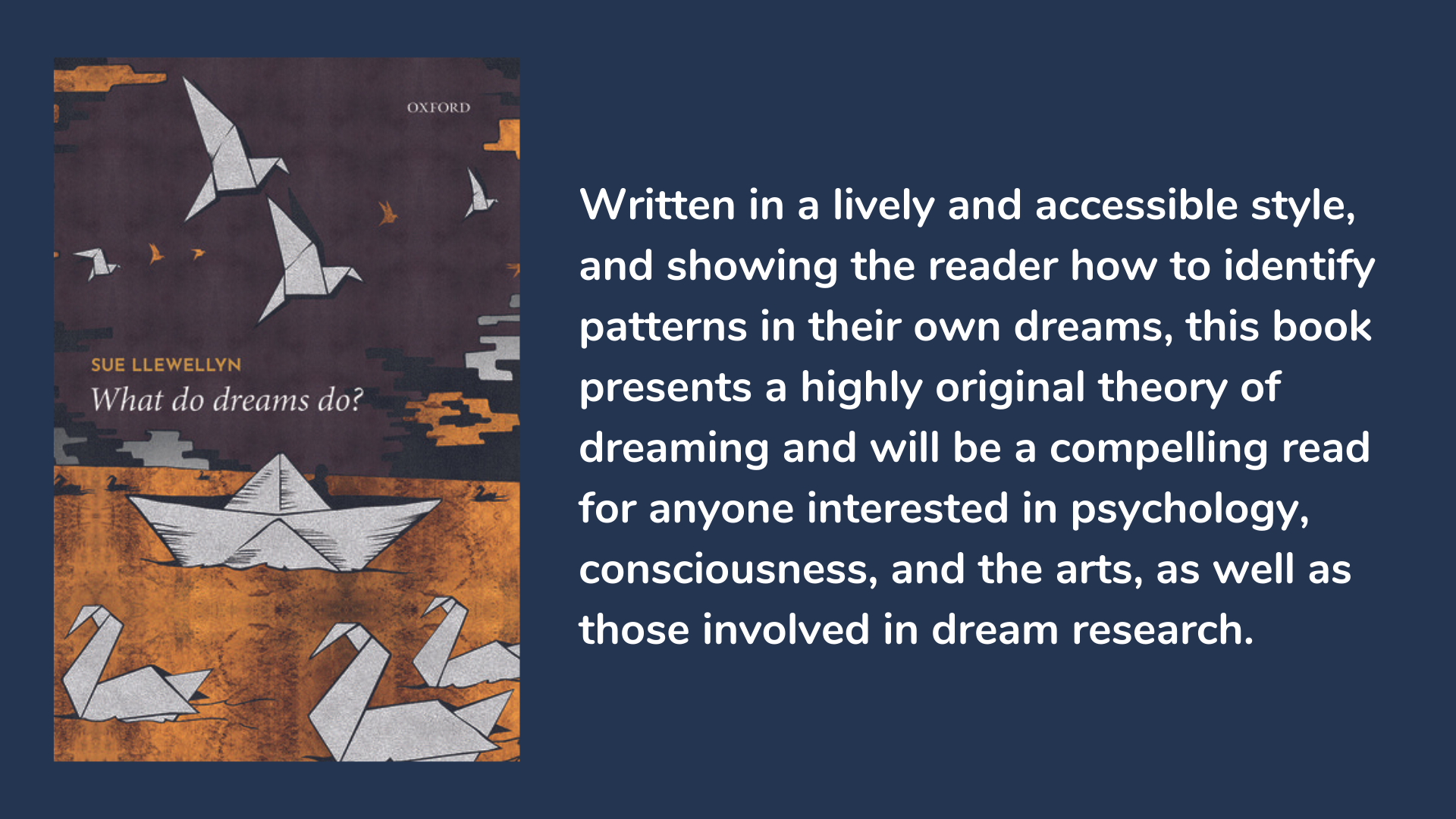What Do Dreams Do?
Professor Sue Llewellyn
We have puzzled over dreams for centuries. From ancient societies, believing dreams to be messages from the gods, Freud's theory of dreams revealing our unconscious minds to modern day experiments in psychology and neuroscience, dreams continue to fascinate but also be a source of mystery. Are dreams just mental froth or do they have a purpose?
This book argues that, originally, we dreamed to survive. Dreaming brains identify non-obvious associations, taking people, places, and events out of their waking-life context to uncover complex and, seemingly, unrelated connections. In our evolutionary past, survival depended on being able to detect these divergent, associative patterns to anticipate what predators and other humans might do, as we moved around to secure food and water and meet potential mates. Making associations drives many, if not all, brain functions. In the present day, dream associations may support memory, emotional stability, creativity, unconscious decision-making and prediction, while also contributing to mental illness.
A Word From The Author:
"What do dreams do?", if asked, I expect many people would say "Not much!" This book offers a completely different picture. I think, way back in evolutionary time, we dreamed to survive. So we should take our dreams seriously! For some taking dreams seriously is about working out what they mean. I think we can do this through identifying their links to our memories. So we shouldn’t dismiss our dreams but we don’t need to puzzle over what our dreams mean to gain from them. Most dream-work happens unconsciously. Our dreams influence our decisions, expectations and actions, they also enable us to remember. All of this happens without us realising it! Being in a dream-like state of mind makes us more creative, which can merge into craziness. Dreams do lots of things. This book tells you how.

What Do Dreams Do? is available to buy from your local bookseller and online internationally via Amazon.

Sue Llewellyn is Professor Emerita in Humanities at the University of Manchester, UK. She has also held Chairs at the Universities of Edinburgh and Leicester, with visiting appointments in Canada, Sweden, Australia, New Zealand and Italy. Her background is in health services research. About 10 years ago she began to research and publish on dreams and memory processing across the sleep cycle. She is the author of 4 books and, approximately, 60 journal articles. You can learn more about Professor Llewellyn's ground-breaking work on dreams via her website: suellewellyndreams.co.uk





